Disabled And Here Collaborators
-
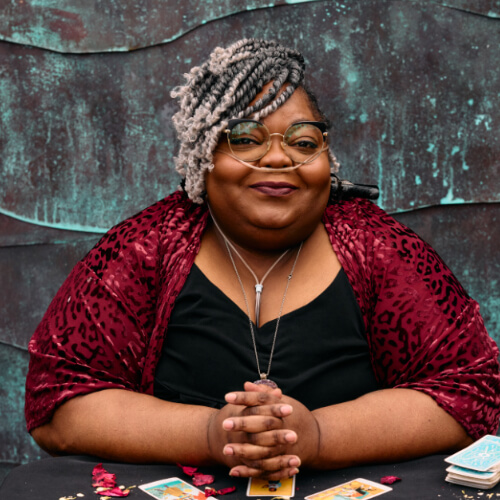
April 11, 2024
Interview with Miss Renée
“Healed to me is not a PLACE. We are all on some level on our journey of healing — ON, not toward. As we journey, we learn through trial, error and grace... Nothing I’ve ever been through, no matter how painful, has ever been wasted because without fail, I’ll meet someone who will benefit from my personal experience.”
-
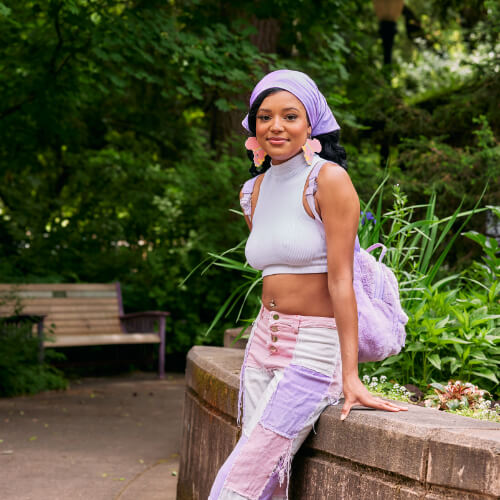
July 19, 2023
Interview with Hesadiah
“As a person who is highly passionate about advocating for social justice, I am particularly motivated to create more visibility for black and POC femmes who are disabled and/or neurodivergent.”
-
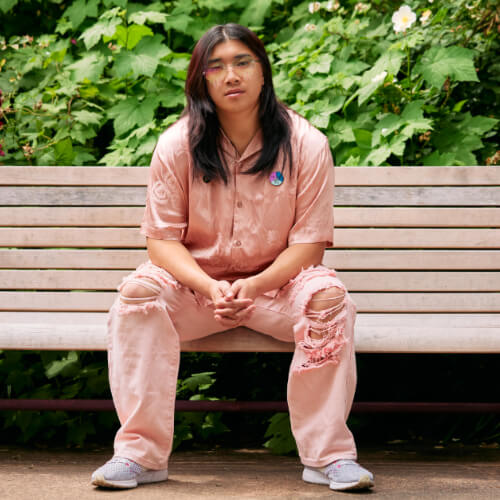
July 14, 2023
Interview with Artthew
“I believe that if all of our basic needs were met and our communities were more connected, that would be the most accessible world. I dream of a world where all people are accepted and we are more connected with everyone and everything around us.”
-
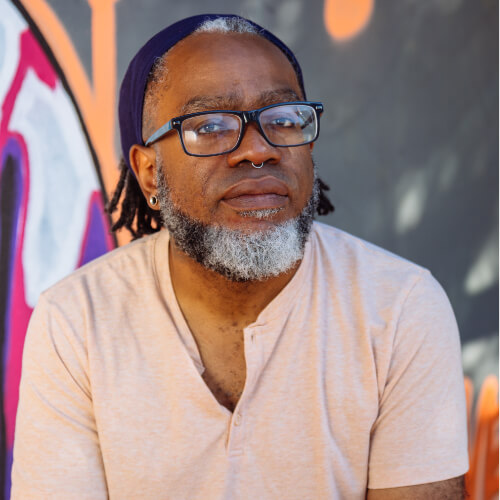
December 30, 2022
Interview with Andre
“At this point, I have gathered a decent amount of documentaries in American Sign Language. I soon plan to release references for ASL documentaries through a series of Video Podcasts in American Sign Language. I plan to keep developing more ASL programming until all media is equally accessible to the Deaf and Hard of Hearing [HoH] community.”
-
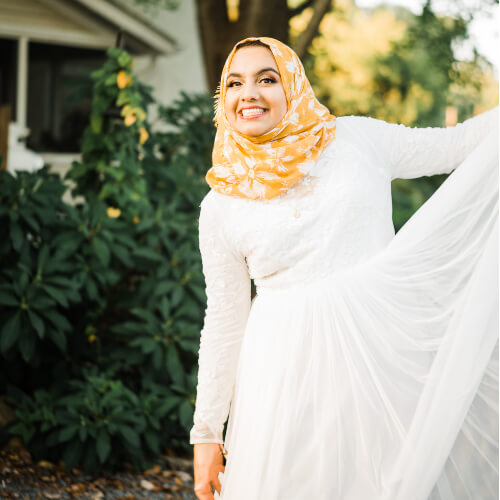
December 23, 2021
Interview with Haadia
“Having deafness and diabetes makes me feel unique and more vital than ever; I make sure I keep myself positive and healthy. With this mindset, it changed my art from hidden politics into beauty. I see beauty in everything, and I share that with my art.”
-
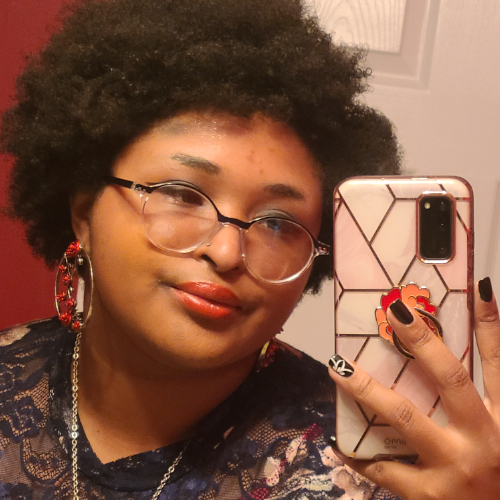
December 16, 2021
Interview with Dice
“The most important thing I want people to understand about disability and accessibility is the fact that we only want to live an easier life just like everyone else. It’s not crazy to believe everyone wants a simple and enjoyable life free from frustration.”
-
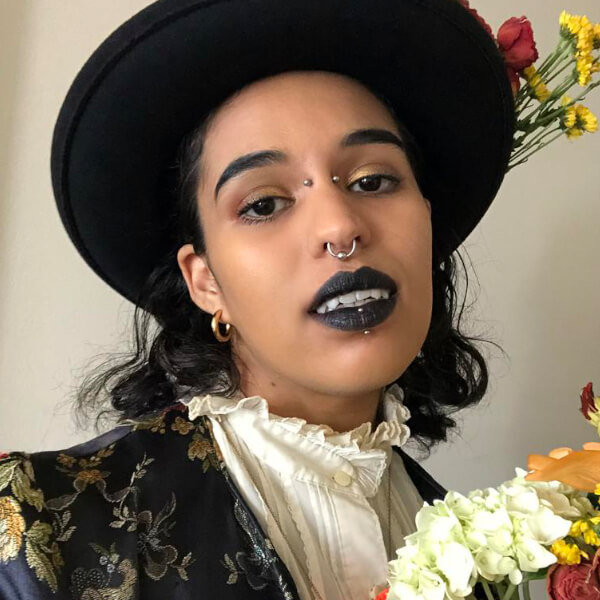
April 16, 2021
Interview with Jonathan
“...art and writing became a way for me to process the things I couldn’t or didn’t know how to talk about, and now I use it to imagine what futures without oppression might feel like. If ableism, racism and transphobia didn’t exist—how might we get there together?”
-
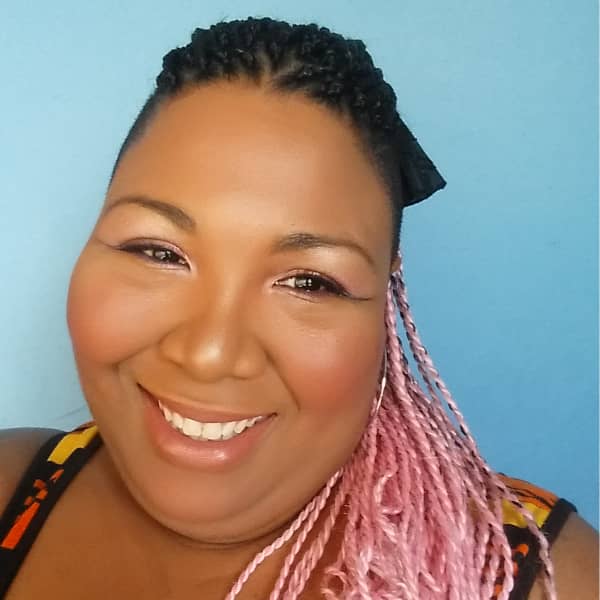
April 9, 2021
Interview with Aisha
“I live a lot inside my head - sometimes too much - so I feel like a lot of emotion bleeds into my work, though I can’t really say a lot of my work is introspective. I create art to escape. It’s only really recently that I feel like I’ve put more of myself in my work.”
-
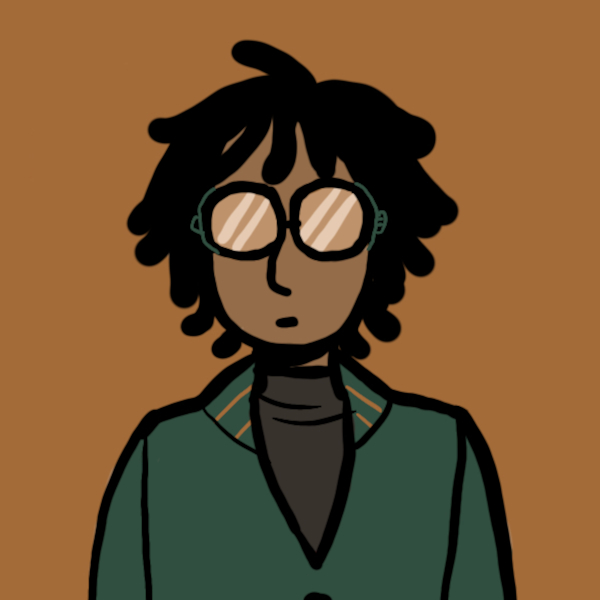
April 2, 2021
Interview with Sherm
“Public transportation that goes all over! Free fare! Transit centers with amenities like food vendors, bathrooms, and lots of seating. Super wide sidewalks and streets made for pedestrians. Absolutely everything: color coded. Androids are also a necessity.”
-
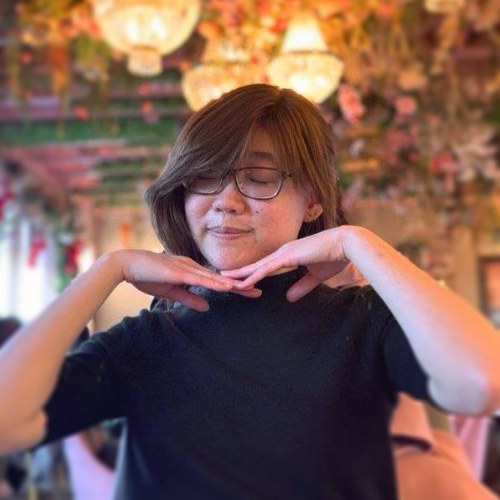
March 26, 2021
Interview with Dana
“Of course, as much as my art is a place to process trauma and subvert marginalization, it’s also a place to avoid all of that and just draw meaningless shit to make me happy. Sometimes it’s not about making a statement — sometimes it’s just about coping.”
-
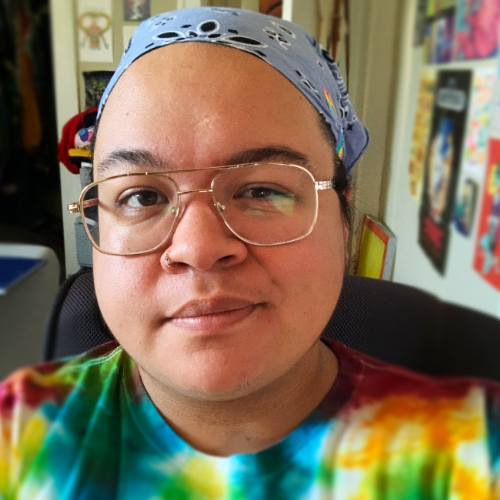
March 19, 2021
Interview with Campbell
“I want to work on a project that I needed when I was younger. Whether it’s comic work or illustration series or something completely different...I want to work in diverse stories and put my true self in them to reach out to those who have always felt like they didn’t quite fit in.”
-
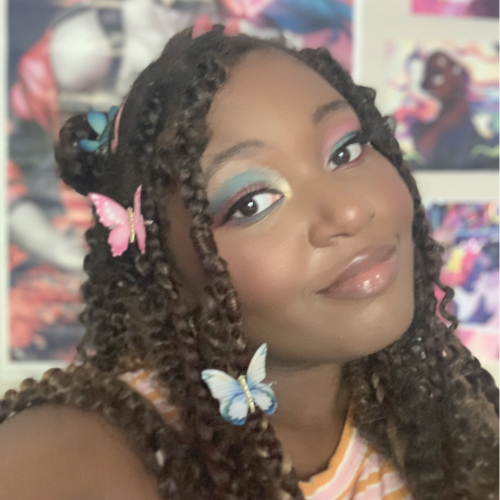
March 12, 2021
Interview with Dominique
“...sometimes if I’m down, but I still want to draw, the expressions of the colors won’t be as vibrant. When I’m in a good mood, I love to use bright vibrant colors and give my character big smiles and bright eyes to match.”
-
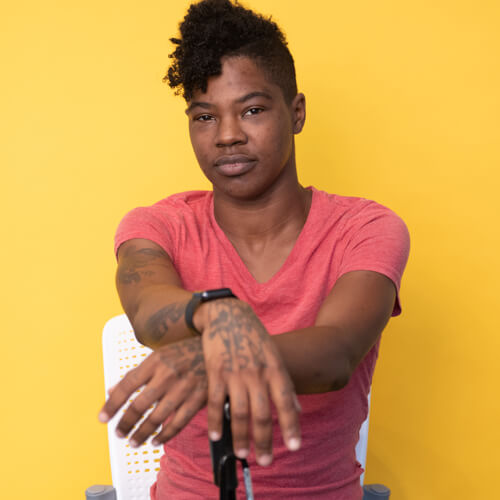
November 27, 2019
Interview with Leila
“Because body modification is a pre-colonial art and based in self-reclamation, it is most precious to people whose bodies are under constant scrutiny and policing from multiple oppressive entities on systemic, cultural and interpersonal levels.”
-
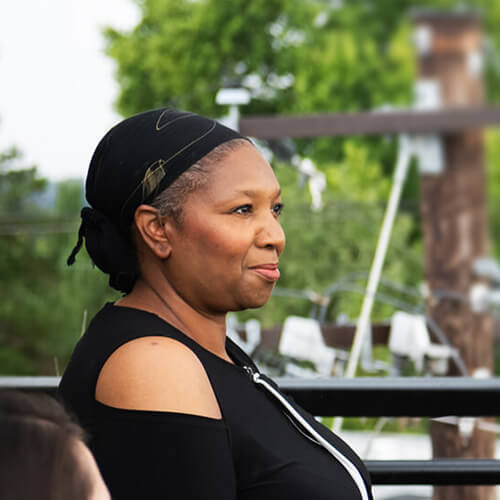
November 21, 2019
Interview with Rachelle
“The barriers that people put in place, whether they’re intentional or unintentional, cause the disability. Sure, some of us are born different, but what causes the inability to interact with society is simply because [non-disabled people] adjusted the entire world to [their] liking.”
-
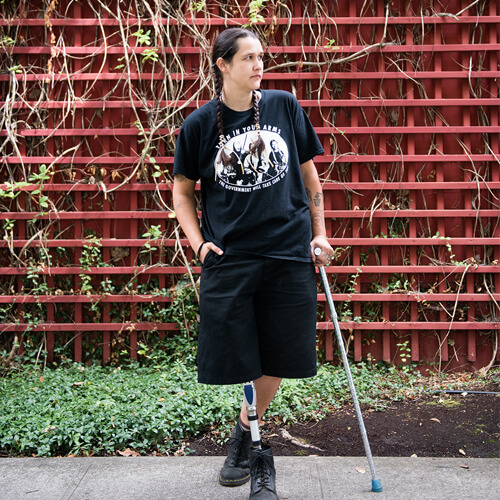
November 14, 2019
Interview with Sky
“The greatest way someone could support me would be to decolonize your ways of thinking and moving through the world. It would be extremely helpful if you called out someone’s behavior when they’re saying something racist or bigoted of any kind.”